Society
How people group together, organise their rules and systems are all part of what create a society. In this section articles examine the nature of society how it interacts with other themes of culture, power, etc. and how societies have developed and changed over time. The structures of the ancient world are explored as are the complex feudal systems and the varied societies of Empire and modernity.
Sort by:
Date (Newest first) | Title A-Z
Show:
All |
Articles |
Podcasts |
Multipage Articles
-
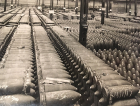
Civilian expertise in war
ArticleClick to view -

Croydon’s Tudor and Stuart inns
ArticleClick to view -
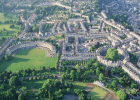
The Great Spa Towns of Europe: a UNESCO World Heritage Site
ArticleClick to view -

Cinderella dreams: young love in post-war Britain
ArticleClick to view -

Old age care in the time of crisis: London in the sixteenth century
ArticleClick to view -

The cultural biography of opium in China
ArticleClick to view -

What did it mean to be a city in early modern Germany?
ArticleClick to view -

The ‘workless workers’ and the Waterbury watch
ArticleClick to view -
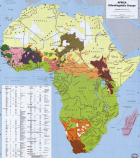
History Abridged: Language and the African continent
ArticleClick to view -

Disease and healthcare on the Isle of Man
ArticleClick to view -

Women’s friendship in late eighteenth-century America and its relevance to lockdown
ArticleClick to view -

History Abridged: The census
ArticleClick to view -

Monty’s school: the benign side of Viscount Montgomery of Alamein
ArticleClick to view -

Volunteers to a man: an industrial workplace goes to war
ArticleClick to view -
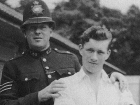
Real Lives: Harry Daley
ArticleClick to view -

Lecture recording: Writing Black histories, telling Black stories
ArticleClick to view -
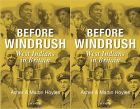
Before Windrush: West Indians in Britain
ArticleClick to view -

The NHS: Britain’s National Health Service, 1948-2020
ArticleClick to view -

Grave matters
ArticleClick to view -

At home with Amanda Ira Aldridge
ArticleClick to view

